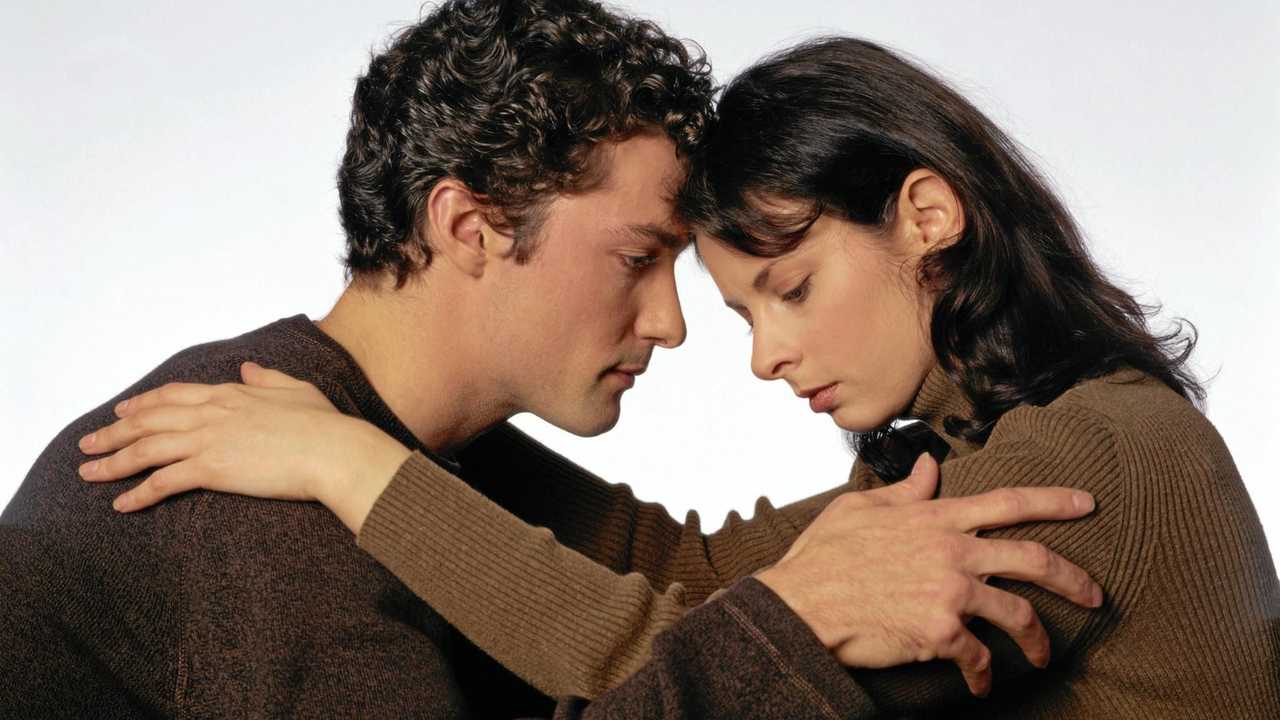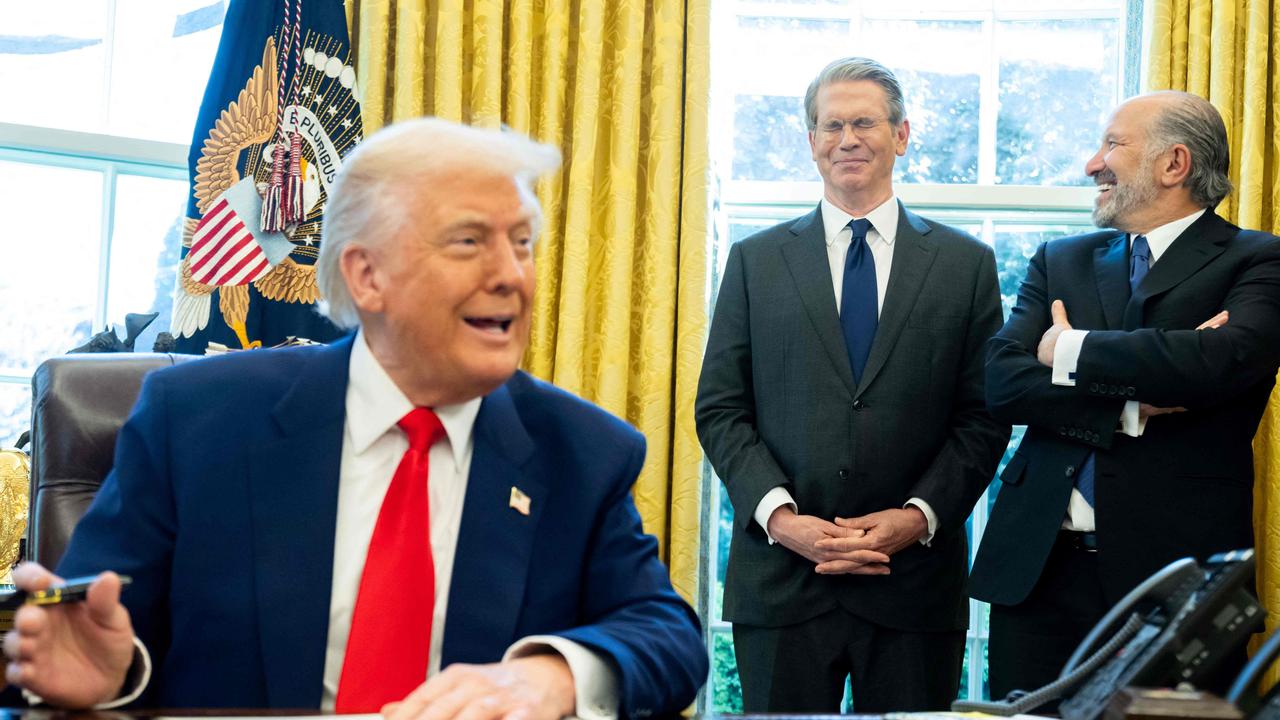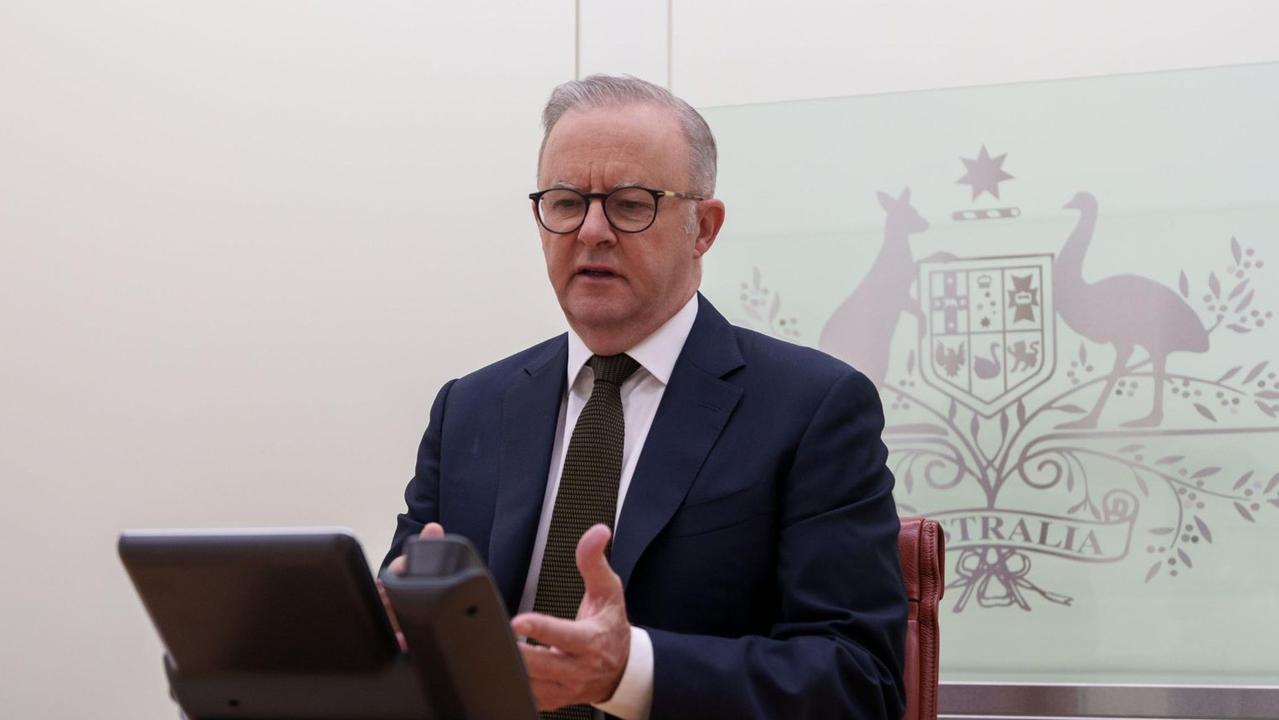Mind You: When is the right time to say sorry?
HOW do you feel when someone does or says something that hurts or offends you?

Opinion
Don't miss out on the headlines from Opinion. Followed categories will be added to My News.
HOW do you feel when someone does or says something that hurts or offends you? Do you think they should apologise, assuming they know that is your reaction?
Like the majority of people from the UK, there was a time when I apologised for everything. Things I had or hadn't done, things I had or hadn't said and sometimes it seemed I was apologising just for being there.
I'm not sure if it's something in the water or part of English DNA but I can say that 22 years in Australia has cured me.
Coming to Australia was certainly an eye-opener in many ways; the experience (and my husband) shone a bright light on some of my more quaint English ways - some of which I have adapted to suit where we are at the time and others that I hold onto tightly like a treasured possession.
One of the main ones though was learning when to say sorry.
What I quickly became aware of in Australia was how infrequently people said sorry even when they were clearly at fault.
I didn't like that particularly because I felt it was important. It didn't seem to matter whether it was words or actions.
It was as though people were not taking responsibility for the impact of their behaviour.
Admittedly many people are blissfully unaware of their behaviour and less aware of what we call their "emotional wake'', that is, the potential for psychological distress as a result of something created by them because they have often walked away and moved on.
As a result I also like to talk about the "ripple effect'' to bring awareness to the fact that everything we do, say and think has an impact on others positively or negatively. We not only create ripples of our own but get caught up in other people's ripples. Sometimes it's hard to differentiate where one ends and the other starts.
But the ripples extend far beyond our own immediate awareness and can end up affecting families, communities, nations and beyond.
So I'm not advocating unnecessary apologies but I am keen for people to take responsibility for their behaviour.
Even though saying sorry doesn't change the action, if it is done in a loving and heartfelt way then it goes some way to acknowledging that we have caused someone hurt or offence.
Although some may have been brought up to believe that saying sorry is a sign of weakness or that you may be admitting guilt, it actually indicates strength of character and a desire to genuinely make amends.
Rowena Hardy is a facilitator, performance coach and partner of Minds Aligned.
Originally published as Mind You: When is the right time to say sorry?






